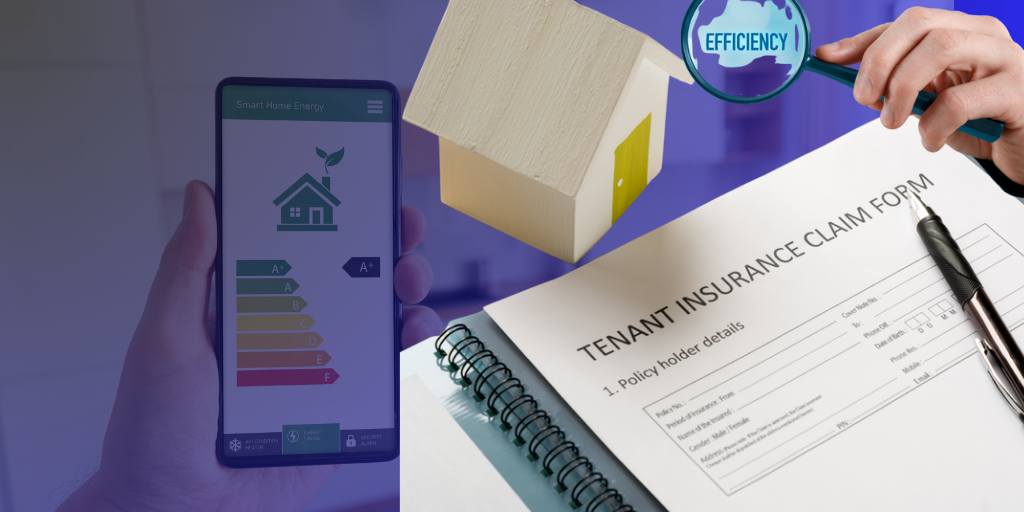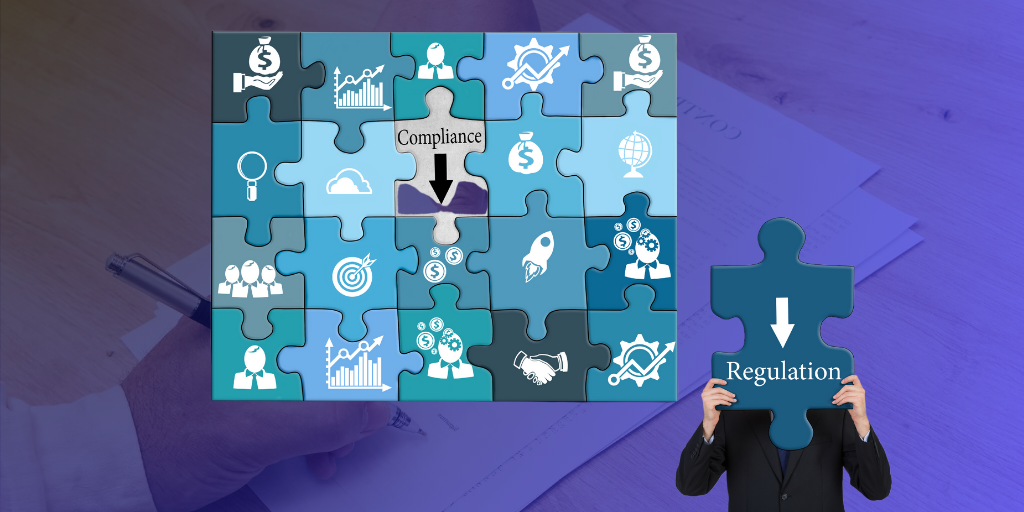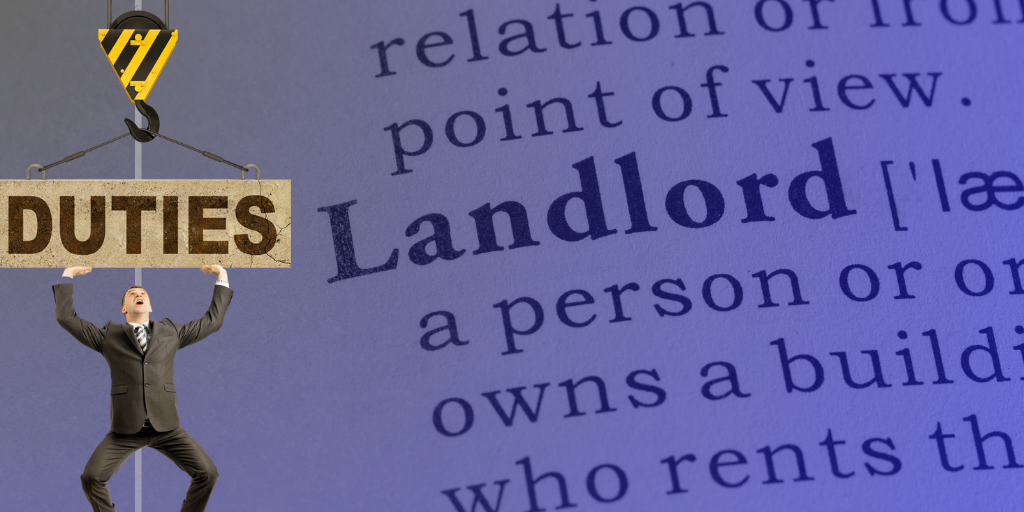Have you ever felt overwhelmed by the responsibilities of being a landlord? Managing rental properties can be demanding, time-consuming, and even stressful, especially when you're faced with tenant concerns, maintenance issues, and navigating the complex legal landscape of property management. Many landlords find themselves caught between trying to protect their investment and keeping tenants happy, all while managing their own personal or professional lives. Fortunately, property managers are experts at making these processes easier.
Here are four key ways a property manager can simplify your life as a landlord:
1. Efficient Tenant Screening
Finding reliable tenants is one of the most crucial—and time-consuming—parts of managing a rental property. The wrong tenant can lead to late rent payments, property damage, and potential evictions, all of which are stressful and costly.
Example: Without a property manager, you might spend countless hours sifting through applications, conducting background checks, and verifying employment history, which can feel overwhelming. A property manager, however, uses advanced tools to quickly assess potential tenants, ensuring you attract qualified renters.
Unique Benefit: They don’t just look at surface-level criteria. Property managers dive deep into credit scores, criminal records, rental history, and employment stability. They also handle references, ensuring you're choosing tenants who are not only financially responsible but also likely to take care of your property long-term.

2. Handling Rent Collection and Payment Issues
Rent collection can be a delicate and frustrating process for landlords, especially if tenants are late or consistently miss payments. Chasing down rent not only takes time but can also strain landlord-tenant relationships. A property manager acts as a professional intermediary, ensuring that rent is paid on time and handling any issues that arise.
Example: Say you're managing several properties. Trying to collect rent from multiple tenants while also keeping track of who’s late, who’s paid, and who needs to be reminded can turn into a logistical nightmare. A property manager simplifies this process by using online payment platforms that make rent collection seamless.
Unique Benefit: Property managers also handle the uncomfortable task of enforcing late fees and penalties. If payments are missed, they follow up directly with tenants and, in extreme cases, take the necessary legal steps to address non-payment. This allows you to stay hands-off while still ensuring steady income.

3. Coordinating Repairs and Maintenance
Keeping up with property repairs and maintenance can be one of the most time-consuming aspects of being a landlord. From routine fixes to emergency repairs, you can find yourself fielding calls from tenants at all hours of the day. Property managers take this burden off your shoulders by handling all repair and maintenance issues.
Example: Imagine it’s 2 AM, and your tenant calls you about a burst pipe. Rather than scrambling to find a plumber in the middle of the night, your property manager handles the situation. They have a network of trusted contractors who are available 24/7, ensuring repairs are handled quickly and professionally.
Unique Benefit: Property managers can also save you money by negotiating with contractors for better rates. Since they often work with the same vendors repeatedly, they receive discounts that individual landlords may not be able to secure. Additionally, regular inspections organized by property managers can help prevent small maintenance issues from becoming major, costly repairs.

4. Navigating Legal and Regulatory Compliance
One of the most complex parts of being a landlord is ensuring that your property complies with all local, state, and federal laws. From fair housing regulations to building codes and safety requirements, the legal landscape can be overwhelming, especially when laws are constantly changing. Property managers are experts in legal compliance, making sure your rental property is always in line with the latest regulations.
Example: Consider the complexity of writing lease agreements that comply with both state and local rental laws. If you’re unfamiliar with the legalities, you could include clauses that inadvertently violate tenant rights, leaving you vulnerable to lawsuits. A property manager drafts legally sound lease agreements that protect both you and your tenant, minimizing the risk of legal issues.
Unique Benefit: Beyond just lease agreements, property managers handle evictions and tenant disputes, ensuring that you’re following the correct legal process every step of the way. This helps you avoid the potential for costly legal missteps, such as wrongful eviction lawsuits or fines for non-compliance with safety standards. They can also stay on top of property tax changes and advise you on any actions that need to be taken to avoid penalties.

Conclusion: Why Hiring a Property Manager is a Smart Move for Landlords
Property management is no small task, and many landlords quickly realize that doing it all themselves isn’t sustainable in the long run. From finding tenants to handling legal compliance, the responsibilities can pile up fast. Hiring a property manager can free you from the day-to-day stresses of property management while ensuring that your investment remains profitable and well-maintained.

Whether you’re managing one property or a portfolio of rentals, a property manager offers invaluable services that streamline operations and maximize your return on investment. With their expertise in tenant screening, rent collection, maintenance, and legal compliance, property managers give you the freedom to enjoy the benefits of being a landlord—without the constant hassle. For professional property management services, visit Rent Easy Nola or contact them at info@renteasynola.com.


